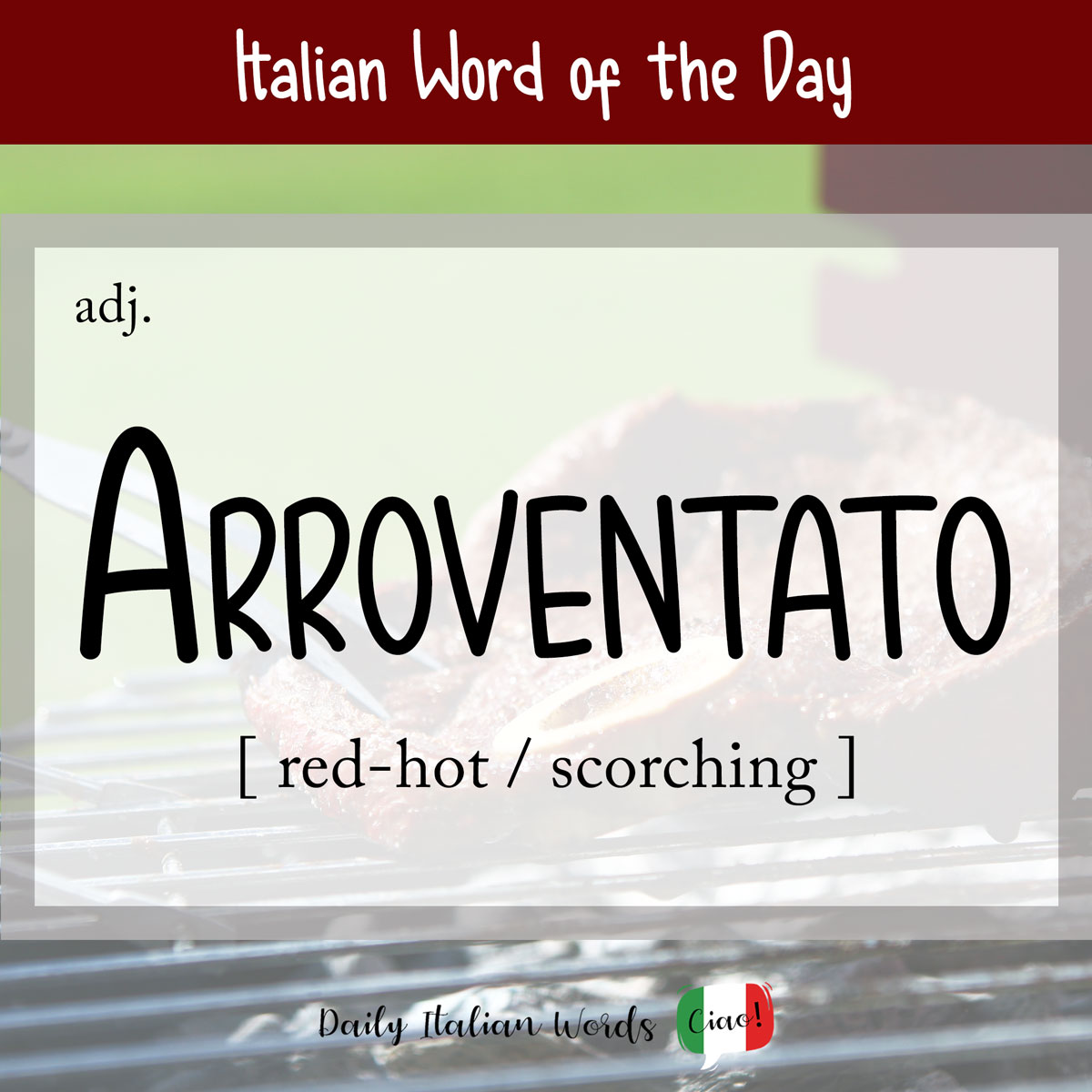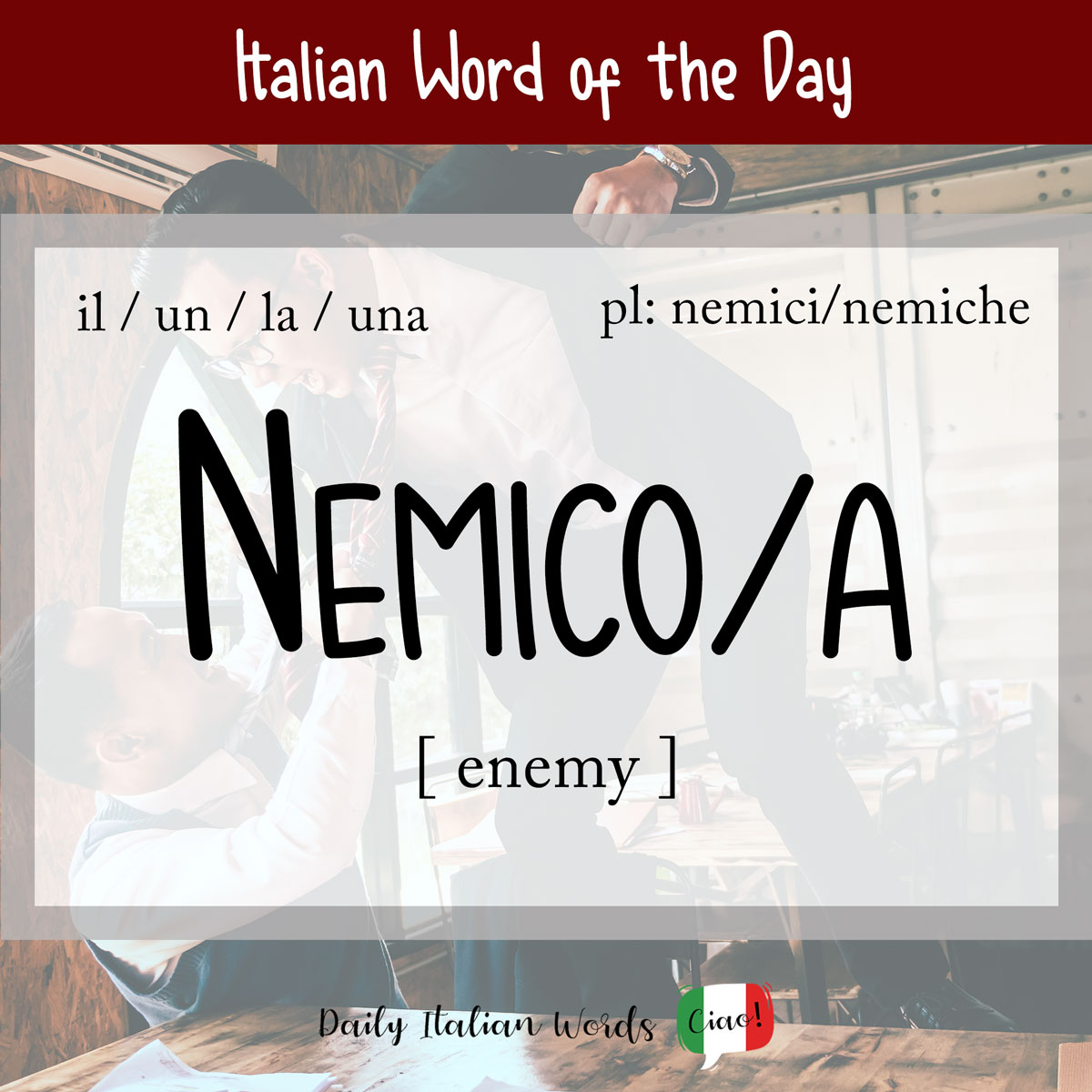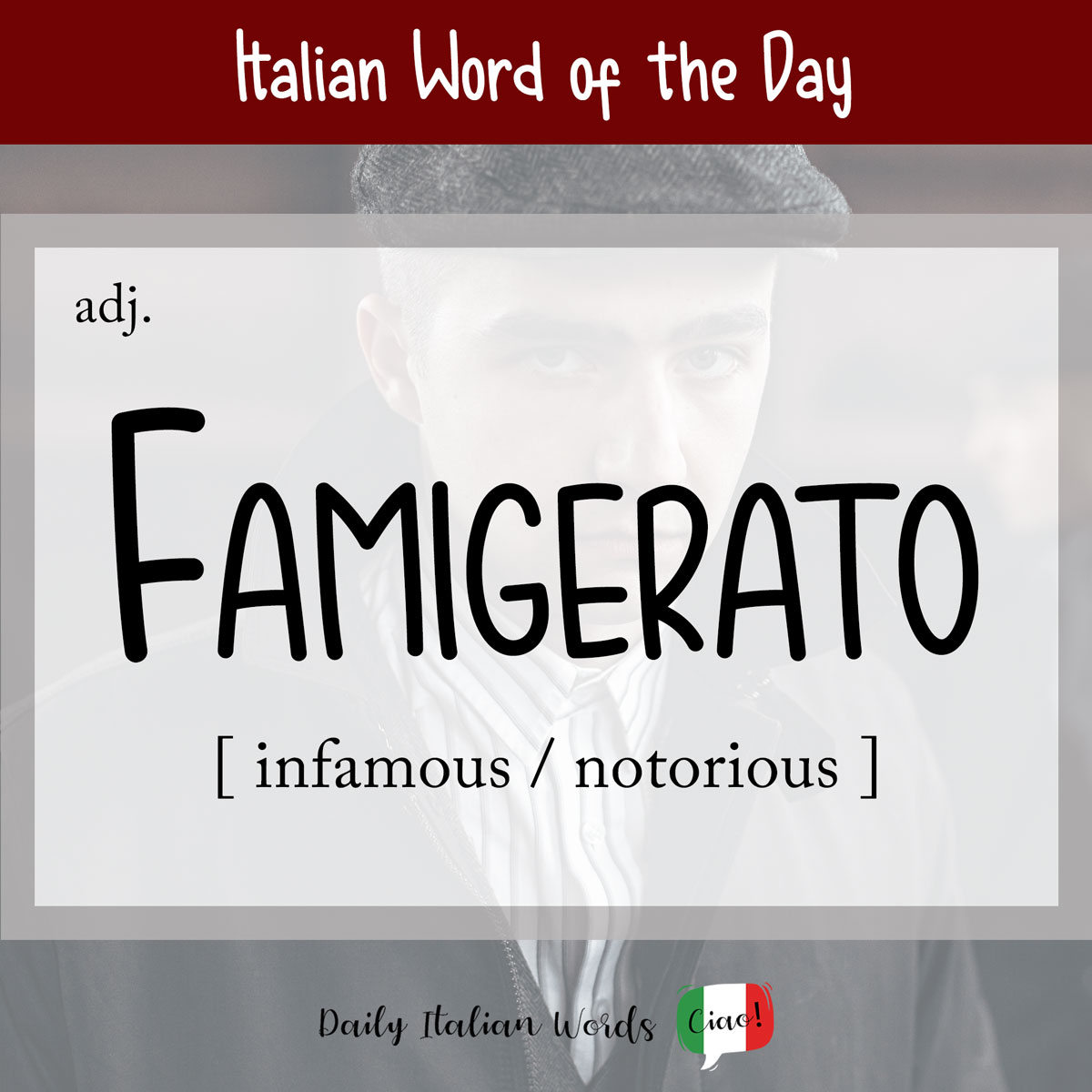Italian Word of the Day: Folle (crazy / foolish)
Did you know that there are numerous ways to translate the word “crazy“ into Italian? One of the most frequently used translations is the adjective folle, which happens to be our word of the day! folle crazy / foolish The word comes from the Latin follem, meaning inflated ball or bellows, and by extension, an …






